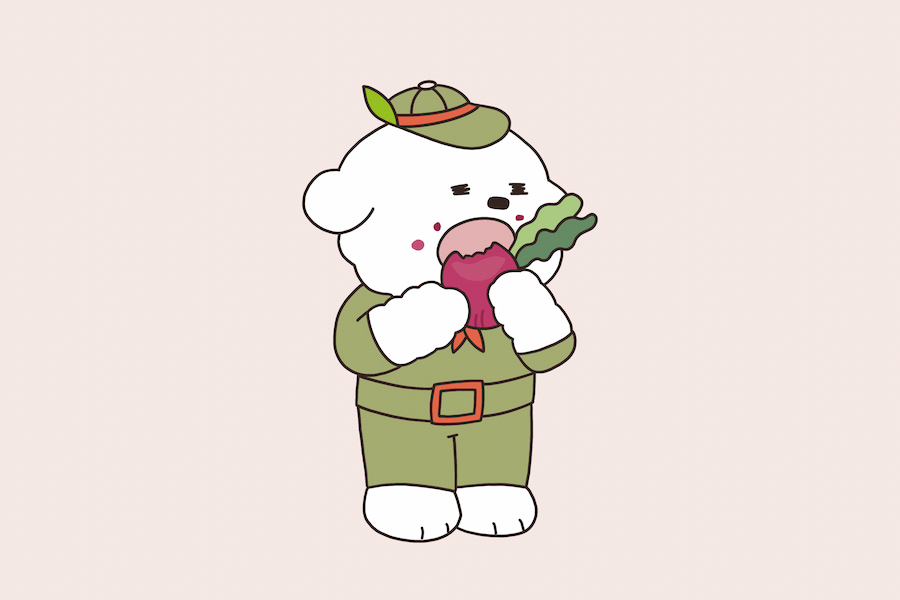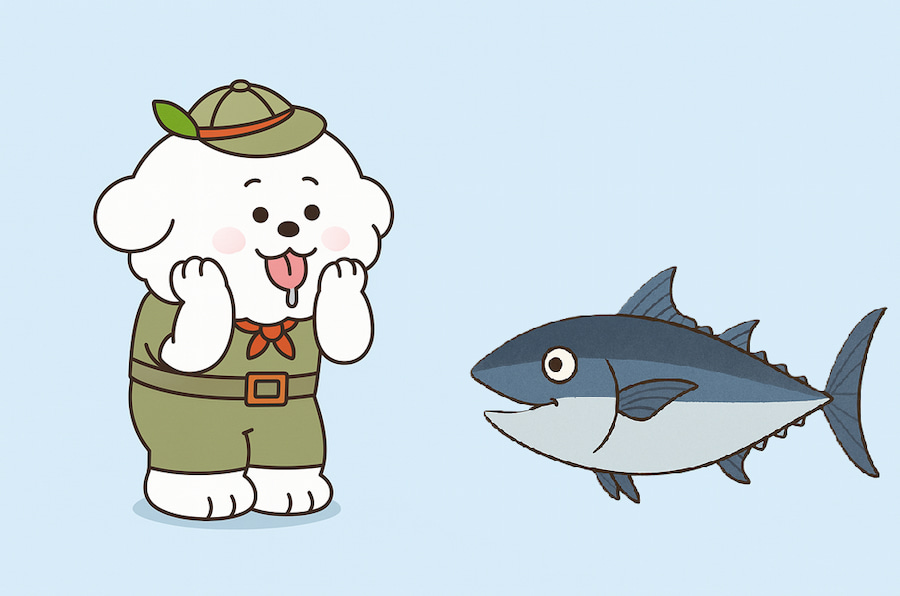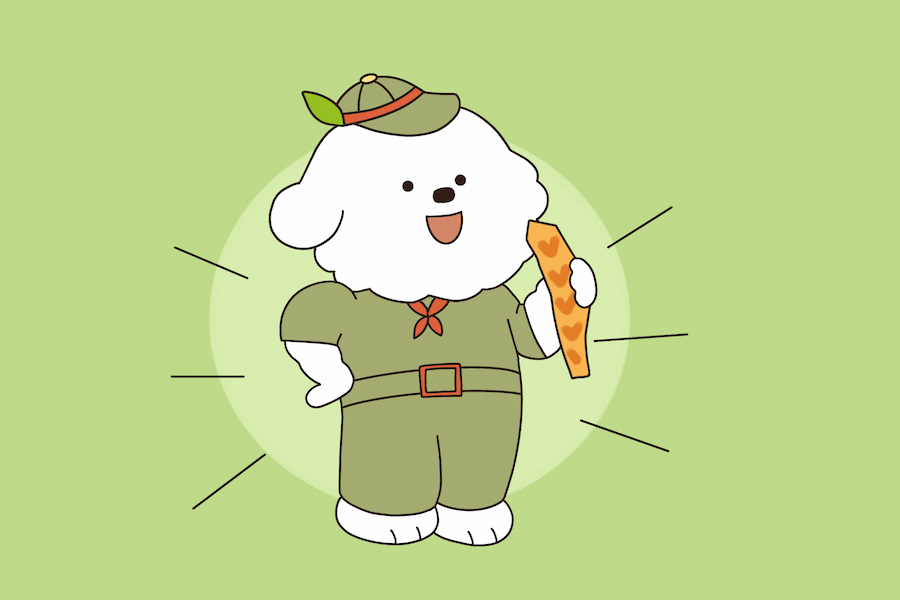When you are exploring the nutritional world for your dog, you will often have questions about various foods, and today we will be discussing the vibrant beetroot. Here in this blog, we will uncover the benefits and risks associated with feeding beet to your furry companion and shed some light on what you need to know to keep your pet happy and healthy.
Can Dogs Eat Beet?
Yes, dogs can eat beet safely. Like other vegetables such as cucumbers and carrots, beets (both leaves and root) are non-toxic to dogs, but should be feed as an occasional treat but not part of their regular diet. However, just as you feel a little green when you eat too many beets, your dog should also not be feed too much of their favorite treat.
Can Dogs Eat Cooked Beet?
Yes, your dog can eat cooked beet. Cooking beet makes it soft and easier for your pup to chew and digest. Cooked beet also retains all the nutritional benefits and also reduces the chances of any indigestion as compared to raw beet. When you are feeding cooked beet to your pup, make sure it doesn’t contain any sauces, oil, or seasoning.

Lee&Pol doesn’t use any seasonings, spices, or additives, preserving the original taste of fresh beets.
Is Beet Good For Dogs?
Yes, beet is an excellent addition to the diet of your do if you feed the correct type. Most people are familiar beet with the one that is pickled and packed in a jar, but this should not be given to dogs because of the lot of salt and additive content that could upset the digestive system of your dog.

Instead always feed, raw and fresh beet to your dog which is full of nutrients and easy to digest.
Health Benefits of Beet For Dogs
1. Rich in nutrients
Beet is full of nutrients like vitamins (A, C, K), iron, calcium, potassium, and Antioxidants. These nutrients improve the overall health and well-being of your pup.
2. Fiber
The fiber present in beet is a rich source of fiber and it promotes healthy digestion in dogs. It improves regular bowel movement and prevents in chance of constipation or other digestive problems.
3. Anti-Inflammatory
Beet has anti-inflammatory properties it contains betaine, a natural anti-inflammatory compound. This is great for dogs who have inflammatory conditions gastrointestinal inflammation or arthritis.
4. Liver Health
Beet is also known to improve the liver health of dogs because of its detoxifying properties. It helps in the removal of toxins from the body, which is good for maintaining a healthy liver in dogs.
5. Strengthen Immunity
The anti-oxidants and vitamins present in beet help in strengthening the immune system of your pup which will make them more resistant to infection and other diseases.
6. Low-Calorie Treat
Beetroot helps in promoting the healthy weight of dogs. It is low in fat and calories but high in fiber, which helps dogs feel more satisfied without consumption of more calories. This is good for their weight management and maintains a healthy weight in pups.
7. Cardiovascular Health
The beets contain nitrates that help in the dilation of blood vessels, which in turn improves blood circulation. This is also great for heart health and improves the overall health of your dog.
8. Hydration
Beet is also a rich source of hydration it has high water content, which improves the hydration in dogs, especially if you give it in raw form.

Lee&Pol offers beets with dried pollock, combining their numerous health benefits to enhance your dog’s health from A to Z.
How To Feed Beet To Your Dog?
If you want to feed beet to your dog it can be done easily and safely if you follow the following steps.
Precautions When Feeding Beets to Dogs
- Always get some fresh beet for your dog and do not buy the ones that are packed in jars or freeze. Fresh beet contains no preservatives or additives and this makes it a healthier treat option for your pup.
- Wash the beet thoroughly and properly to remove any kind of debris or dirt. It’s also essential to peel the beet if necessary, in some cases it may not be necessary. The most important step is to cut it into small and manageable pieces so it is easier for your dog to eat.
- Always feed plain beet to your dog and don’t add any oil, sauces, or seasoning to it. These additives can be very harmful and can upset the stomach of your dog.
- Just like other new foods, introduce beet slowly into your dog’s diet, especially if you haven’t fed them before. Start by feeding very small amounts and check their likeness, tolerance, and any allergic reaction.
- Try to keep an eye on the reaction of your pup after you feed beet to them. Look for any sign of allergic reaction or digestive upset. If you see any adverse reaction, then stop feeding beet and visit your vet.
- If you are feeding the beet first time to your dog try mixing it with the regular food of your dog. When they get used to it you can then scatter over their regular food as a tasty treat.
How Much Beet Can A Dog Eat?
The quantity of beet that you can feed your pup depends on different factors, like age, size, tolerance, and overall health. Generally, it is recommended to start by feeding a small amount and then increase it if your dog tolerates it well.
If you have small dogs like toy breed, start by giving a teaspoon or two of cut and sliced beet and observe their reaction. For medium to large dogs, you can start with one or two tablespoons. If your pup is not showing any adverse reaction then you can increase the amount of beet with time up to 10% of their diet. Keep in mind that beet is part of diet not the sole source of nutrition.

We also included delicious and nutritious dried pollock to ensure that even dogs trying beets for the first time can enjoy them.

When Are Beet Bad for Dogs?
Fresh beet is good for feeding dogs as it is good for their health as compared to the variety found in jars, which is unsafe because of the vinegar and other seasonings used to make pickles. Similarly, it is important to avoid beet that is soaked in oils, sauces, and additional seasoning as they can upset the stomach and cause irritation. It’s also important to keep in mind that if your dog is suffering from kidney or bladder stones or has calcium deficiency then it’s important to consult your vet before you add beet to their diet. While beets offer many health benefits for dogs, if your pups have any health concerns it may pose a high risk to them.
When feeding beet, it’s important to do that in moderation. You can feed them plain or cut them into pieces and then mixed with regular food or feed them as a separate treat.

Try not to replace regular food entirely with beet, as it is not a balanced diet and will not meet their nutritional demands.
Conclusion
If you are offering beet to your dog give it in a controlled manner. Feed raw or cooked beet in small pieces this allows your dog to enjoy the nutritional benefits while decreasing the risk of digestive upset and other potential issues caused by it. Furthermore, it’s also important to consult with your vet before you add any kind of new food to your dog’s diet.
FAQ
Yes, puppies can eat beet but you should not start feeding them until they get 8 weeks old. Before that age, they completely depend s on the mother’s milk for nutrition. When feeding beet to your puppies make sure it is steamed or cooked until they get easy to chew. Feed a small amount of beet and check their reaction and tolerance.
It depends on the health condition of your pup. If your pup’s health is completely fine then beet leaves are a good source of fiber and minerals. If your dog has some kind of urinary issue like oxalate stone it’s best to completely avoid feeding it to your pooch. Furthermore, if you want to avoid food wastage use all parts of beet including the greens. Wash the beet thoroughly, and cut it into pieces including the leaves. put in the pan and prepare like spinach.
Yes, dogs can drink beet juice if it’s made from pure beets, but there is no reason why should give it to them. You need several beets to make a few ml of beet juice so it un necessary to waste a lot of beets. Furthermore, beet juice can also exceed the recommendation of regular fiber and sugar levels. So there is no point in doing a lot of work and having benefits for your pup.
No, canned beets are generally not recommended by vets because of their composition. Canned beet contains a large amount of sodium and other preservatives and many hidden ingredients can be toxic to your dog. So it’s best to avoid canned beet.
Yes, freeze dried beet is a great source of nutrients but only if fed in moderation. It offers many health benefits and keeps your pup’s digestive system in mint condition. However, be aware of some commercial products as they contain additives and preservatives that are not good for your pup.
Yes, beetroot powder is safe and can be used in dogs. Beet powder is a natural source of the mineral and vitamins and it can be used as a supplement in your dog’s diet. However, make sure that the beet powder is of high quality and free from any kind of preservatives. My recommendation is to not use human beet powder supplements for dogs because they may have ingredients that can cause problems in dogs.



